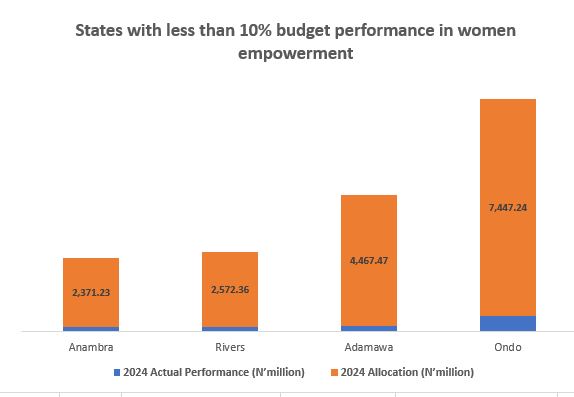Nigeria being an oil dependent nation is largely at risk of getting hit by crossfires between U.S and China in the on-going trade war. The Trade war between US and China has become more certain as Donald Trump threw the first blow.
At 12.00am on Friday 6th of July, US officials imposed tariffs on $34 billion Chinese industrial goods coming into the U.S after previous warning by the U.S government that Chinese goods compete unfairly with domestic goods due to high subsidized price by the Chinese government.
BusinessDay analyst forecast growth in the world economy could be threatened if the trade war escalates and emerging markets may see major macroeconomic variables adversely affected by this with major pass through in oil and pressure on currency.
Oil exporters like Nigeria, with over 93 percent of its export being crude oil, may witness a decrease in global demand of crude oil with a resultant effect on a drop in oil price from $72.94. This to a large extent may cause a drop in the foreign reserve earnings of Nigeria.
The trade war according to Bismarck Rewane, CEO of consulting firm Financial Derivatives (FDC) will lead to a redefinition of global alliances. With the recent move of China to move from an investment led economy to a consumption led economy, oil and ferrous metal exporters such as Nigeria are likely to witness a decline in demand as China remains the largest trading partner to Africa.
Despite the recent trade war, the U.S dollar had grown stronger amongst other currencies of emerging markets despite signifying a weakening of these currencies against the dollar. Nigeria is likely to witness pressure on its foreign exchange (FX) which could cause a further devaluation of its currency if this war persists.
According to a Rewane, Nigeria may emerge as a loser in the global trade war on-going. He pointed out that Nigeria sells products that are fairly inelastic and over 30 percent of economic activity is informal hence, making Nigeria a ‘perverse beneficiary’ of this global economy anarchy. Also the refusal of Nigeria to sign Africa free trade agreement also renders her immunity low.
With move by U.S officials, analysts expect that soon enough China will also respond with their threat to also impose tariffs on U.S goods therefore discouraging importers from importing. This may grow worse as Trump vowed last month to impose an additional $200billion on Chinese industrial goods.








